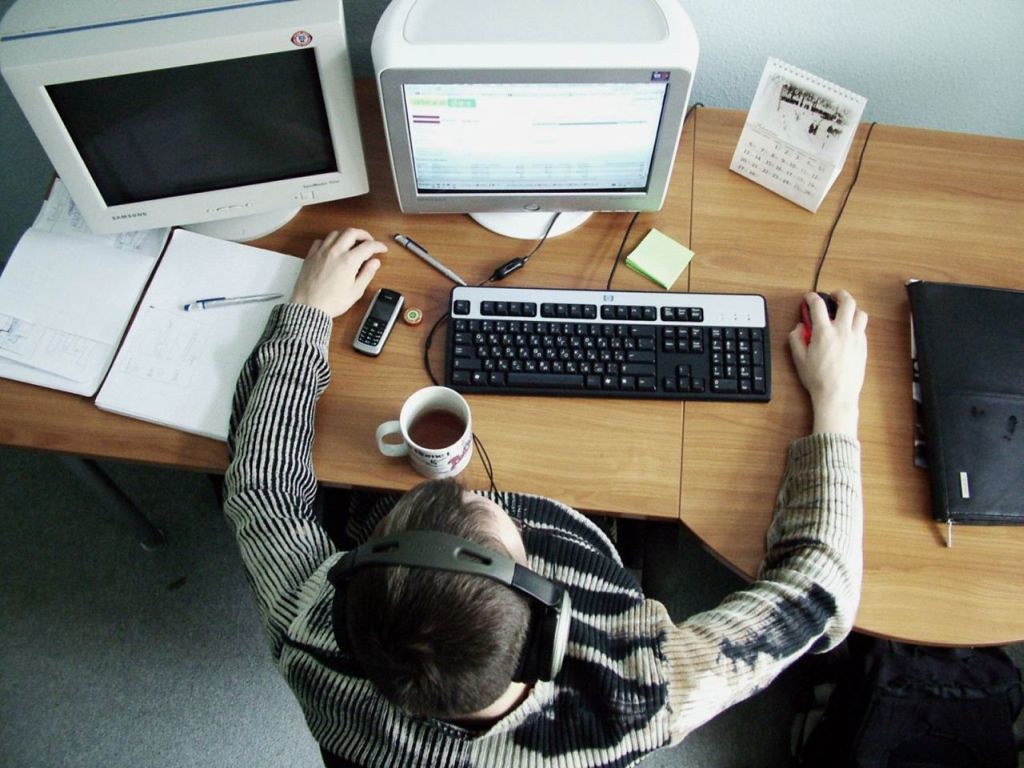Why the Young Should Vote?
Voting is the foundation of every democratic country. Democracies go through the rigorous process of voting to select their favored leader to lead them. Conducting elections to select popes and Holy Roman emperors, dates back centuries ago in ancient Rome. Its more recent avatar has been elections that were held since the beginning of the 17th century in Europe and North America.
Voting is an effective tool in determining the future of any country. This is the case for many middle-aged and senior people who will make it a point to use their voting power whenever elections are held.
However, voting is disregarded and overlooked by many in the younger generation as they think it to be just a farce and not worth their time. A recent national poll of young people conducted in the US revealed that more than 3 out of 10 youth (36%) believe that “political involvement rarely has tangible results”; while 42% believe that their vote “doesn’t make a difference”, and 56% stated that “politics today is no longer able to meet the challenges our country is facing”.
Many have lost trust in the voting system, as the promises made by leaders in their election campaigns are forgotten when the leader comes to power. This is a constant reality that plays out over and over again, election after election, resulting in complete disregard towards the voting system.
Voting Does Have Benefits
Voting for the right leader results in better socioeconomic conditions in particular. A well-rounded leader ensures development in the country is inclusive, resilient, and sustainable. Sustainable development that benefits all is the need of the hour.
Now more so, considering the multiple crises that the world faces, countries will need to start investing in making their election systems robust and hackproof. Bribes and forceful conversions of vote banks are a common barrier in most developing countries. This has also been one of the biggest hurdles in the development of poorer countries.
Other than socioeconomic development, citizens of a country that have elected their leader in a free and open election are also mostly happy and enjoy far better living conditions than countries with corrupt and deceiving leaders.
Voting also tends to build stronger social connections, resulting in better quality of life and longevity. Frequent voters are also seen to exhibit a stronger connection with their neighbors and communities. Voting also equips and provides a forum for common people to voice their opinion on issues that matters the most to them, their family, and their community.
The Young Do Not Turnout
There are several factors that govern youth turnout during elections. They are:
- Habit – Voting is a habit that is formed over time. And less turnout of youth in polling booths could be because of fewer opportunities for them to vote as they are just entering the age of voting.
- Opportunity cost – Another issue with young people not voting could be because of less flexible employment schedules and less financial support to take time off to vote. There are also indirect opportunity costs associated with learning the process to vote, or finding the polling place and learning about the candidates.
- Alternative participation – It is also found that less turnout of youth during elections is accompanied by a rise in “other forms of citizen activism, such as mass protests, occupy movements and increased use of social media as a new platform of political engagement,” according to research by the Stockholm-based International Institute for Democracy and Electoral Assistance.
How to Change
Youth turnout has been generally higher in countries where most of the general population has also turned out to vote. Local government bodies will need to ensure that free access to learning about the candidates and accessibility to nearby polling booths should be provided to the young voters.
Knowledge and the process of voting should also be imparted regularly to ensure that young people deem it their responsibility and the appropriate thing to do when elections happen.
Political leaders should also include active policies in helping with the education, jobs, and the overall growth of youth in their election campaigns. Focus should be put on the development of the youth to encourage higher turnout in the polling booths.
It is vital that the youth of today vote. Protests on the streets and social media are not enough. Voting provides a great tool to make the mass opinion be heard. Real change will only happen if the youth choose to cast their vote in selecting a leader that will work for them and the overall good of the nation.
Photo Caption: Citizens must exercise their voting rights for a thriving democracy. Photo by Element5 Digital on Unsplash.



